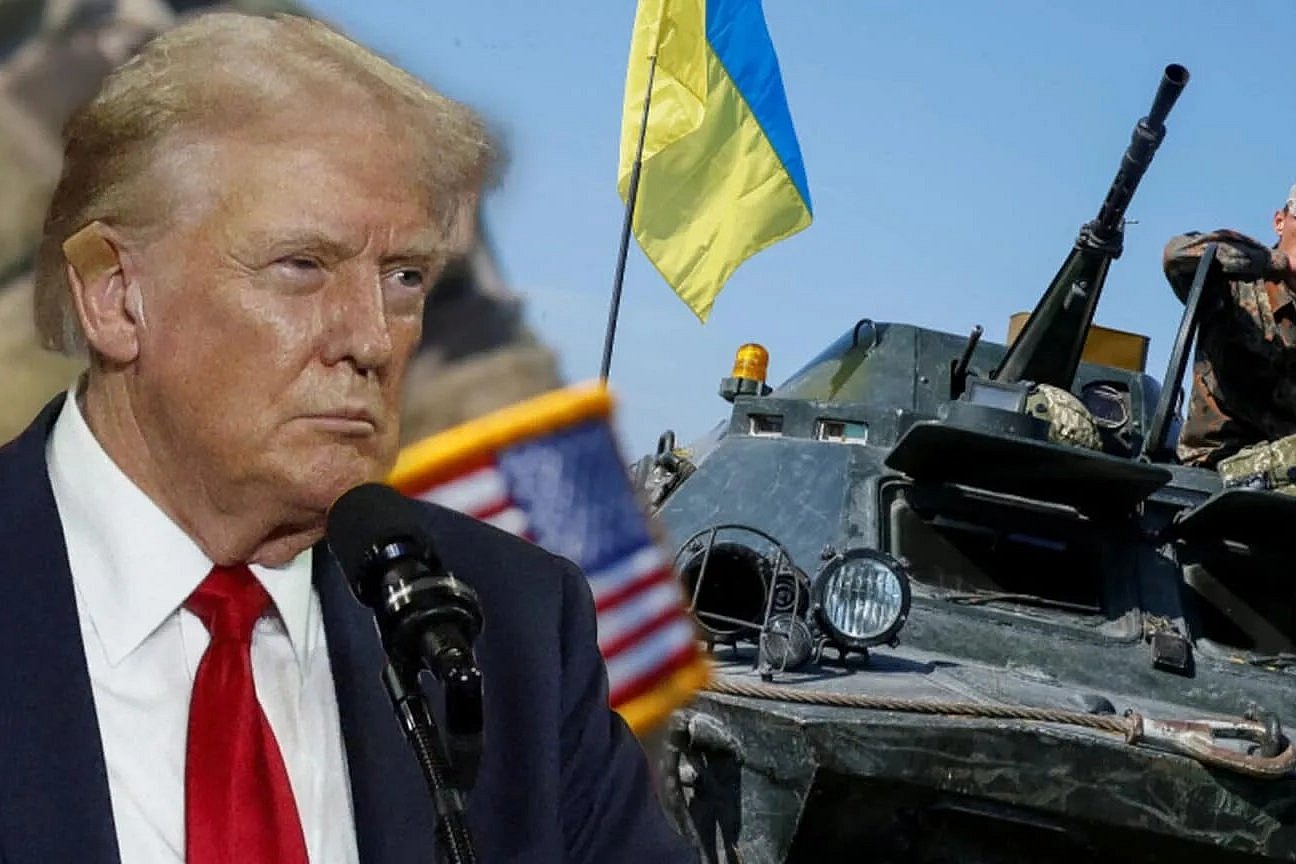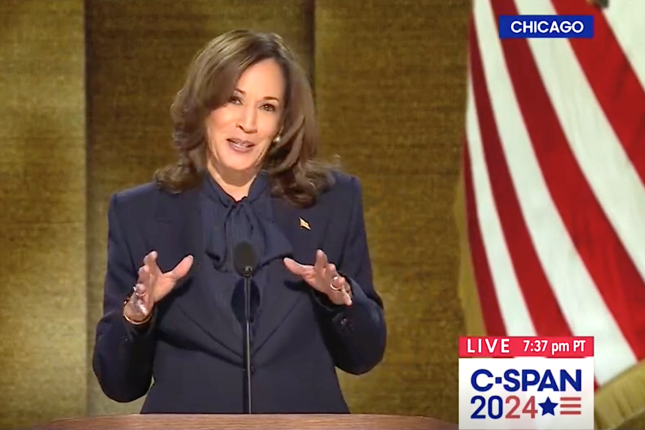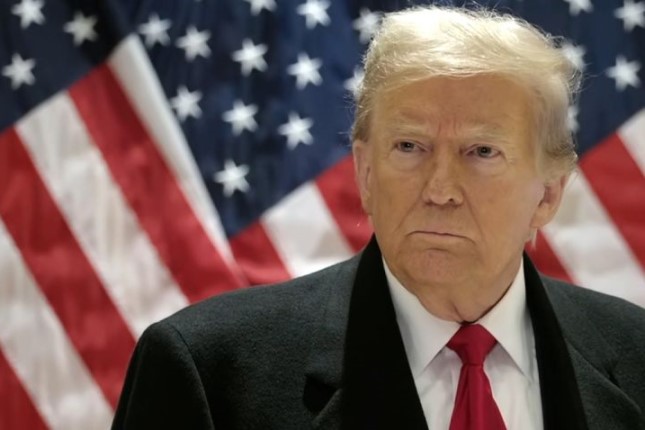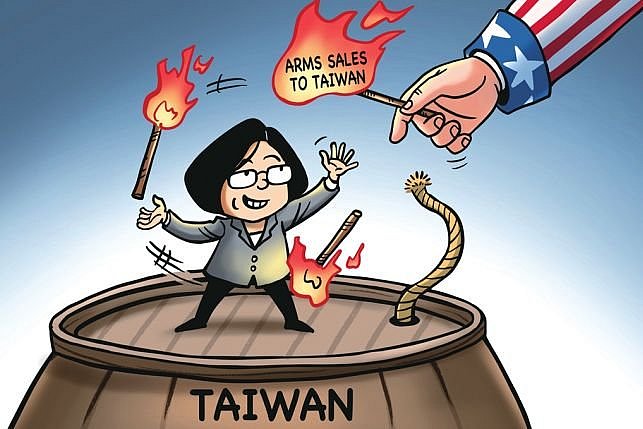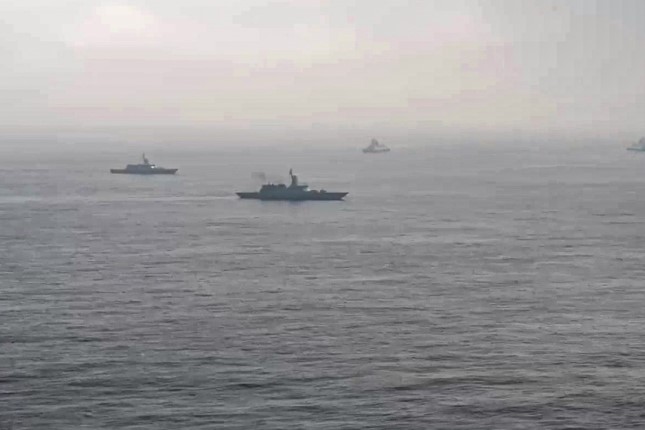Former head of the European Central Bank (ECB) and former Prime Minister of Italy, Mario Draghi, spoke at the Financial Times’ Global Boardroom Conference in early November. In his speech, which was extremely cautious, informed, and aligned with the highest global elites, Draghi spoke about the all-encompassing crisis of the European Union, which will prove fatal if the EU does not unite and become a real “union” with a unified financial, defense, and foreign policy.
However, in the midst of the crisis, discord, and conflicts within the European family, this is practically impossible, and judging by the tone of his speech, this is obvious to Draghi himself. Nevertheless, the almost inevitable collapse of the European Union does not mean the collapse of a united Europe. The EU’s collective European project will be rapidly replaced by a German one – a Europe of nations led by Germany.
Mario Draghi's speech at the prestigious Financial Times conference caused quite a stir. The former head of the ECB, at the request of the European Commission, is preparing a report dedicated to overcoming the EU’s global non-competitiveness. According to Draghi's bleak assessments, a recession awaits the EU at the end of the year due in part to the problems “in supply chains, the energy market, and the bloc’s global dependencies,” as well as low labor productivity.
The result of all this is the loss of competitiveness compared not only to the US and China, but also Japan and South Korea, as well as “the loss of presence in many technological sectors.” According to him, the geopolitical model in which Europe depends on the US for security, on China for trade, and on Russia for energy, is a thing of the past. “Either Europe acts together and becomes a deeper union, a union capable of expressing a foreign policy and a defense policy, aside from all the economic policies … or I am afraid the European Union will not survive other than being a single market,” Draghi said.
At the same time, it is evident that the prospects for the EU’s transformation into a “Mario Draghi-style” state with a common foreign and internal policy and a modern army are practically nil. There have been active attempts to transform the EU from an amorphous structure into something resembling a single state since the early 1990s, but they have not led to the formation of a unified foreign and defense policy or the creation of its own army.
The differences have been most pronounced during the present conflict in Ukraine. On the surface, Hungary's demonstrative front, which refuses to support the allocation of European financial assistance to Kiev and Ukraine's accession to the EU, prefers to purchase Russian raw materials and has agreed that Moscow will build another nuclear power plant. Hungarian Prime Minister Viktor Orbán is the only European leader who continues to meet with Russian President Vladimir Putin. Neighboring Slovakia is also reexamining its policy of supporting Ukraine.
Warsaw is behaving more and more aggressively towards the EU. Poland, along with Hungary and Slovakia, is ignoring the EU's decision to lift the embargo on the import of Ukrainian grain into Europe and is in conflict with European leaders Germany and France. Warsaw has presented Berlin with ultimatum-like demands for gigantic reparations of 1.3 trillion euros, and there is an ongoing dispute with Paris over the issue of involving the US in fulfilling contracts for the supply of arms to Ukraine... Moreover, we have listed here only the most striking public disagreements within the EU. Deep-seated contradictions and old wounds are eroding the amorphous European Union in practically all spheres.
At the same time, Mario Draghi’s predicted death of the European Union certainly does not mean that the “historical challenges” will be ignored, that Europe is not destined to unite, or that it faces rapid degradation and disintegration. On the contrary, the paradox is that the actual collapse of the EU will be accompanied by the rapid unification of the most developed parts of Western and Eastern Europe under the auspices of Germany.
High-ranking retired German generals are already talking in public interviews about the need to rely on their own strengths and the superior qualities of the German soldier—the rise of right-wing nationalists in Germany and Austria is by no means a fantasy. This is evidenced by recent opinion polls showing a sharp rise in the popularity of the right-wing AfD party in Germany (in second place with the support of 22.5% of the population) and the Freedom Party in Austria (29%, with the prospect of becoming the strongest party in the upcoming elections in a year’s time). Right before our very eyes, the unification of Europe on a “national” basis in the interests of saving and developing the largest and most advanced economies of Western Europe (Germany, France, Italy, Austria, the Czech Republic, etc.), in place of the inefficient European Union with the shedding of Eastern European “ballast” and the forceful persuasion of the obstinate, is becoming less of a “fantasy” and more of a realistic possibility.
Photo: Mario Draghi is an Italian economist and statesman, Chairman of the Council of Ministers of Italy from February 13, 2021 to July 21, 2022. Chairman of the Bank of Italy, Chairman of the European Central Bank.





















